Find Help
More Items From Ergsy search
-
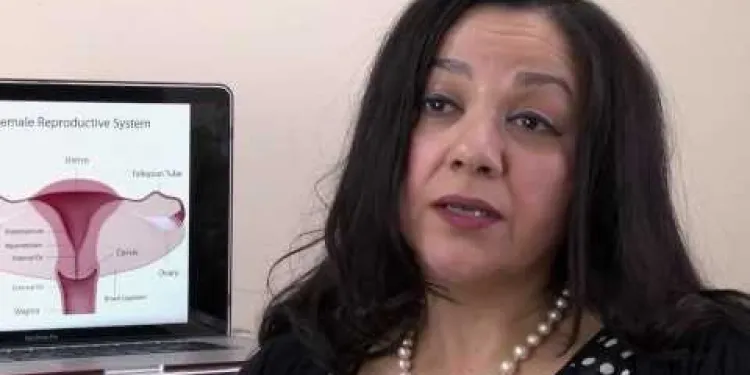
Chlamydia: The Silent Threat
Relevance: 100%
-
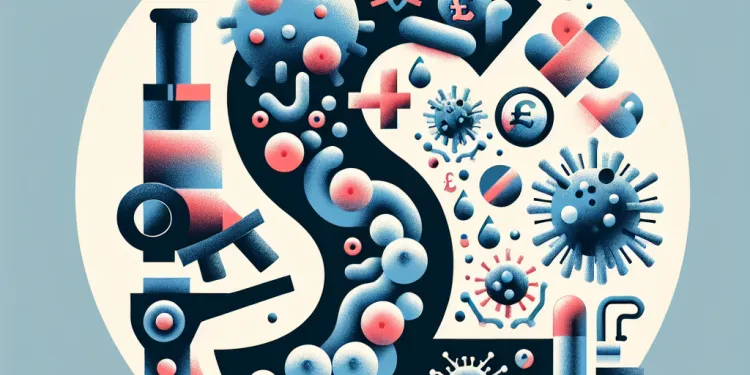
What is chlamydia?
Relevance: 44%
-
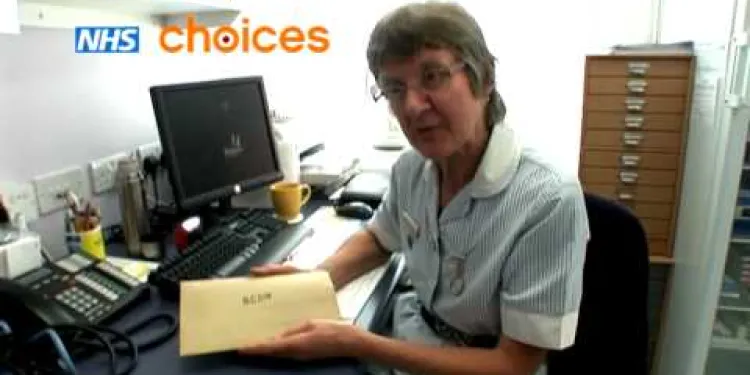
NHS - Chlamydia
Relevance: 44%
-
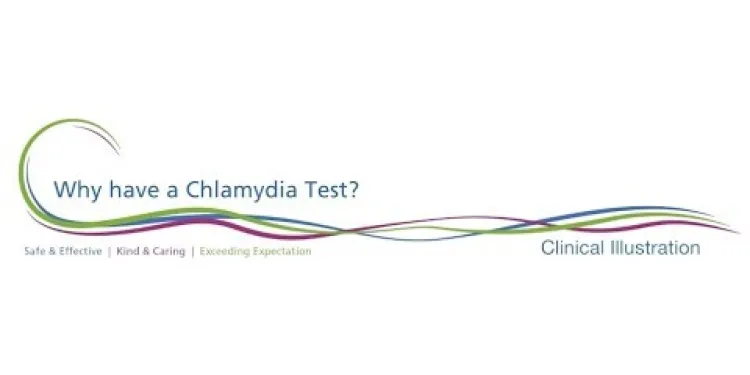
Getting tested for Chlamydia
Relevance: 41%
-
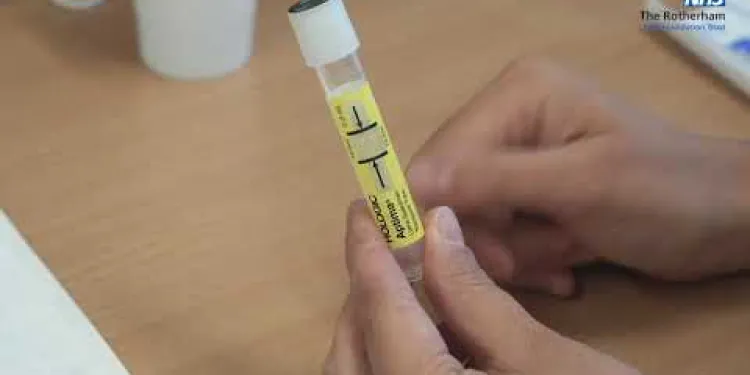
Urine test for Gonorrhoea and Chlamydia
Relevance: 39%
-

Urine test for Gonorrhoea and Chlamydia
Relevance: 39%
-
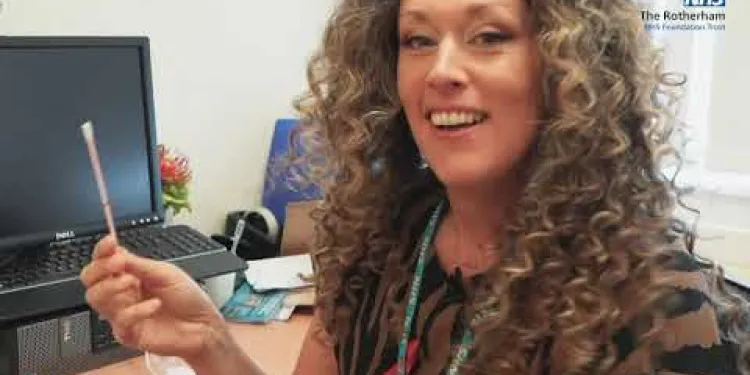
Pharyngeal swab for Gonorrhoea and Chlamydia
Relevance: 38%
-
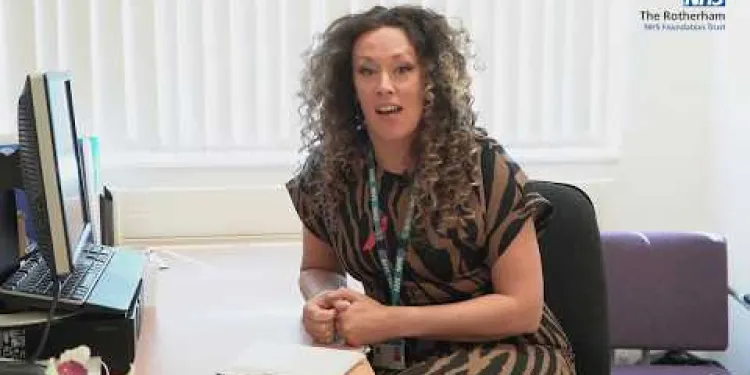
Vaginal Swab test for Gonorrhoea and Chlamydia
Relevance: 37%
-
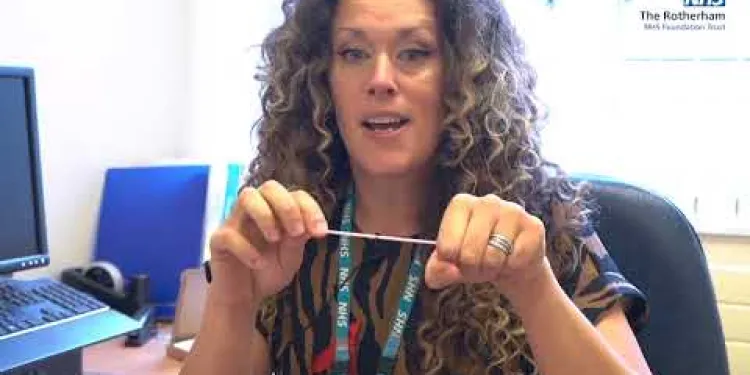
Rectal swab test for Gonorrhoea and Chlamydia
Relevance: 36%
-
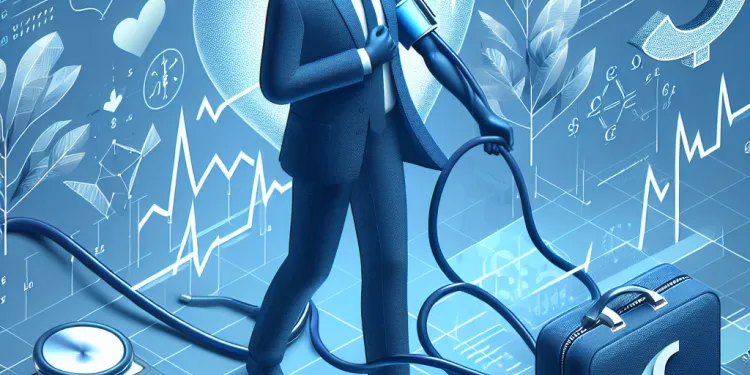
Why is high blood pressure called a 'silent killer'?
Relevance: 32%
-

Do UK spiders pose a threat to pets?
Relevance: 30%
-
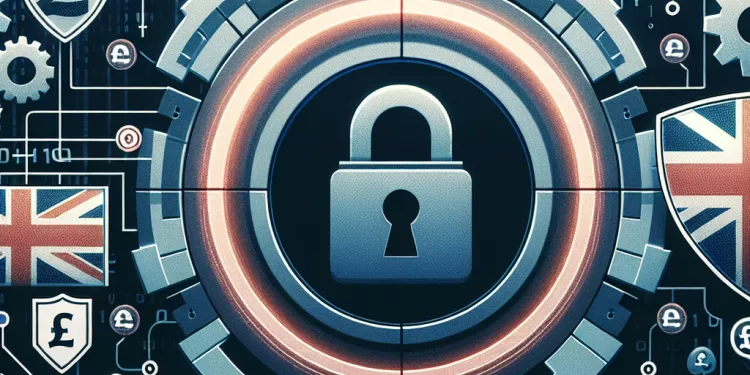
How can I educate myself about potential online threats?
Relevance: 28%
-

Is it possible to have a heart attack without chest pain?
Relevance: 20%
-
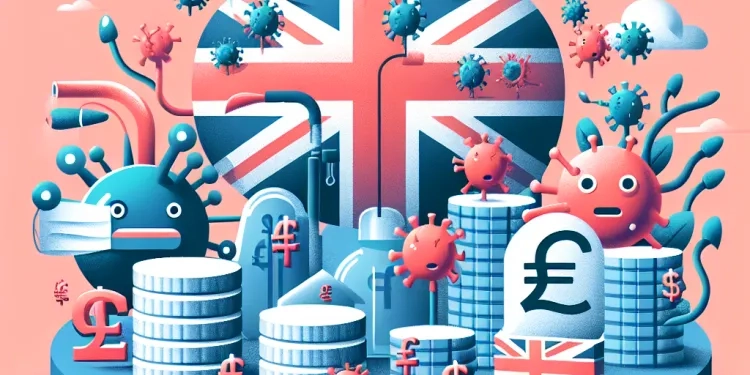
Is the bubonic plague still a global health threat?
Relevance: 17%
-

Should I use antivirus software on my mobile phone?
Relevance: 11%
-
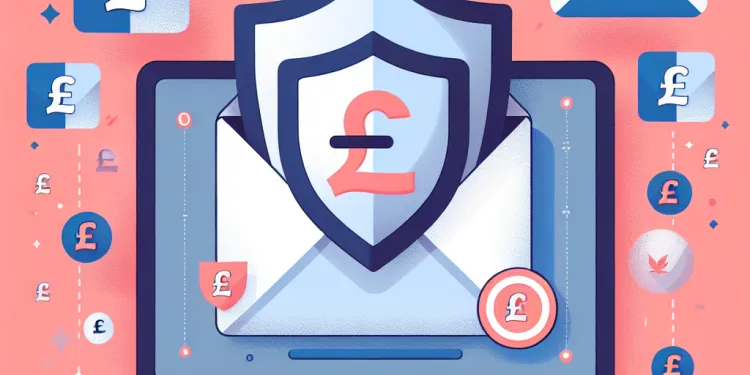
Can antivirus software protect my email from being hacked?
Relevance: 11%
-
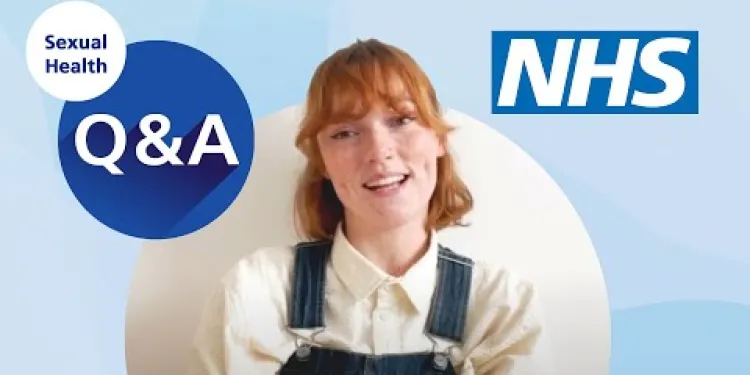
Sexually transmitted infections STIs
Relevance: 10%
-
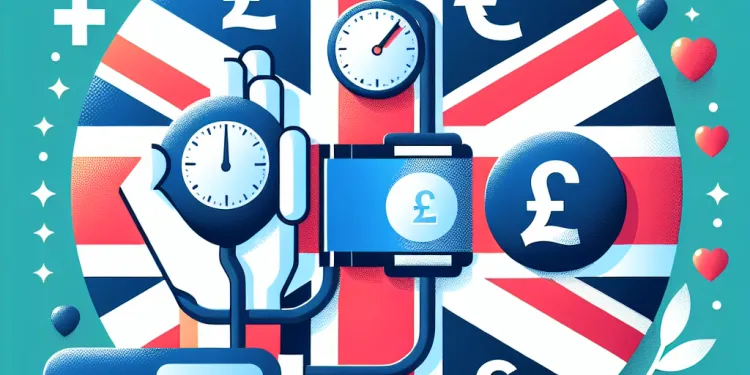
What is high blood pressure?
Relevance: 10%
-
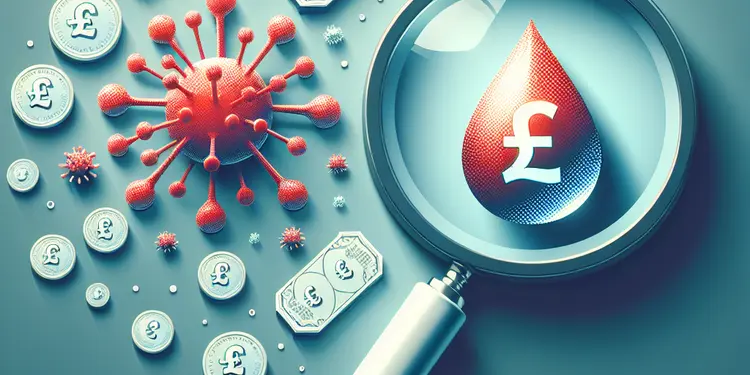
Are new emerging pathogens a risk for blood safety?
Relevance: 10%
-
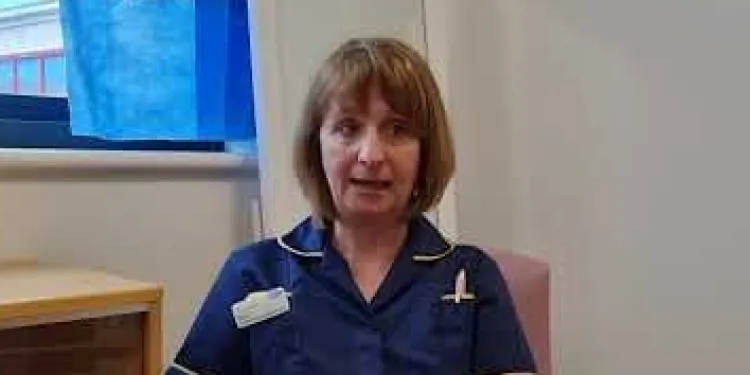
Ovarian cancer - signs and symptoms to look out for
Relevance: 10%
-
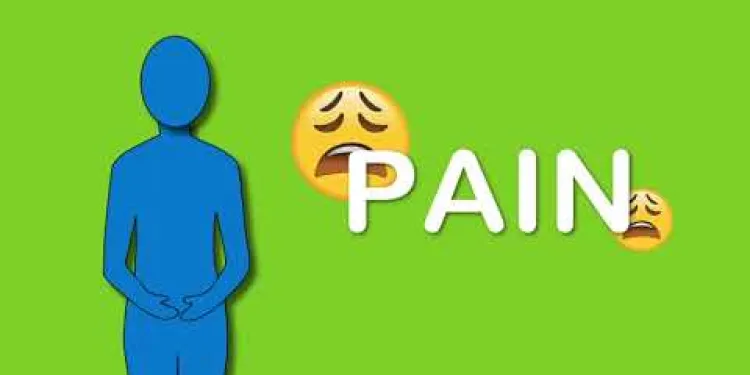
NHS STI (Sexually Transmitted Infections) Information Video
Relevance: 10%
-
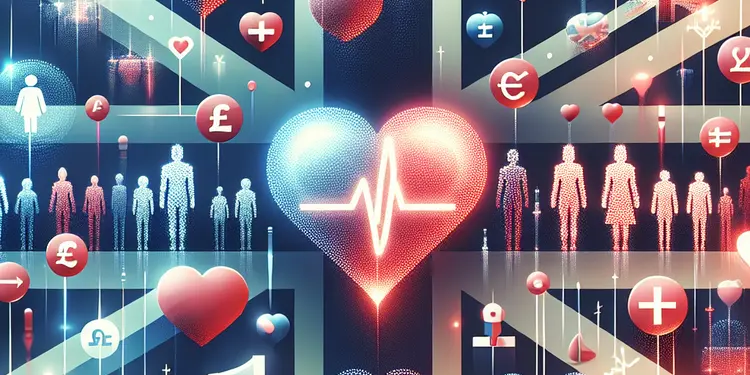
Can heart attack symptoms vary by age?
Relevance: 10%
-

What is a mobile firewall and should I use one?
Relevance: 10%
-
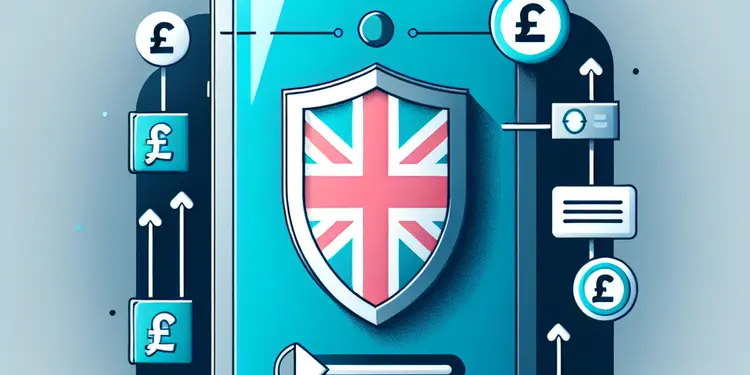
How important is software updating for phone security?
Relevance: 9%
-

Why is antibiotic resistance a problem?
Relevance: 9%
-

Understanding Your Sexual Health - Pelvic Inflammatory Disease
Relevance: 9%
-
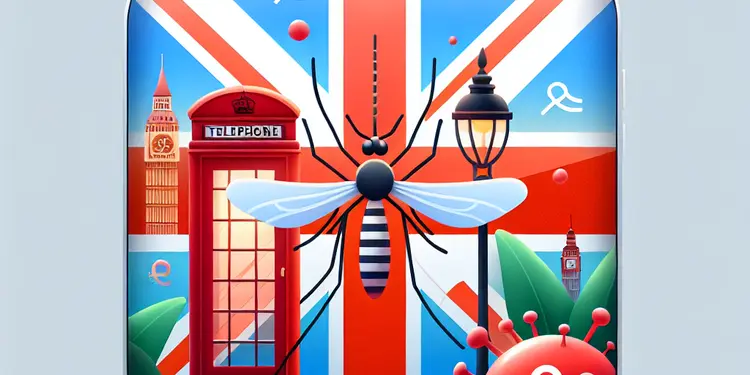
Can mosquitoes transmit any bacterial diseases in the UK?
Relevance: 9%
-
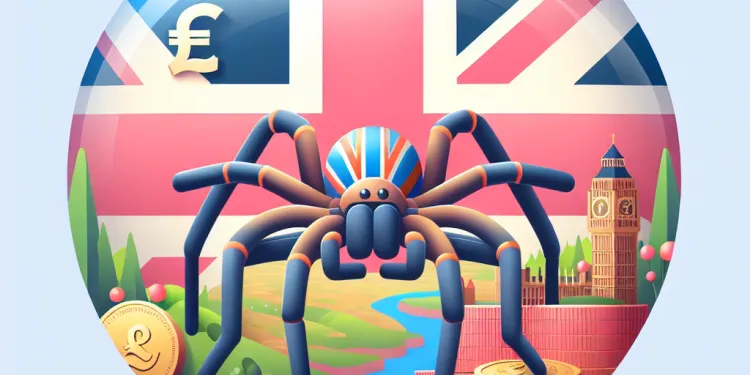
Are there non-venomous spiders in the UK?
Relevance: 9%
-
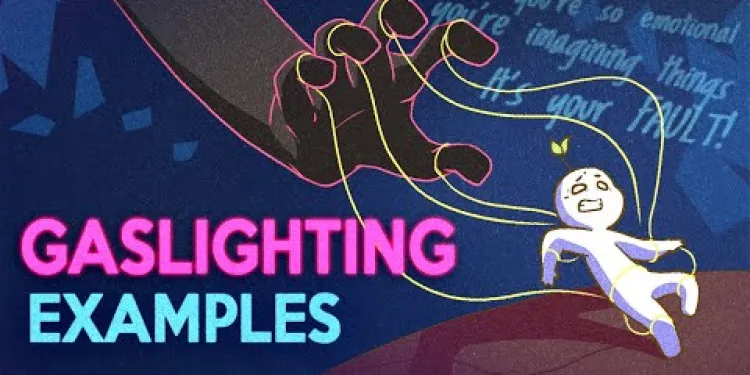
10 Examples of What Gaslighting Sounds Like
Relevance: 9%
-
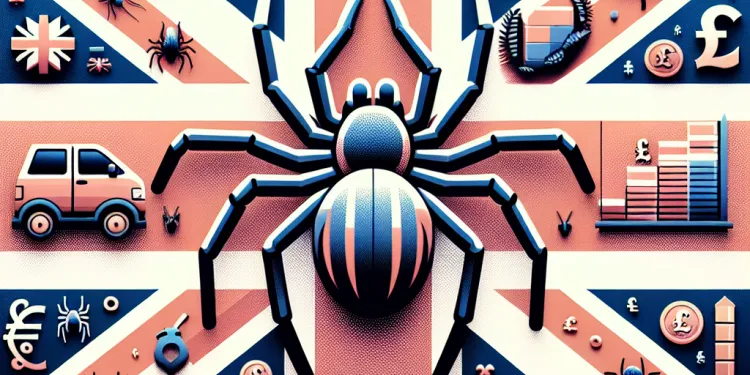
Are there any poisonous spiders in the UK?
Relevance: 9%
-

BSL Pelvic inflammatory disease (PID)
Relevance: 9%
-

Reactive arthritis
Relevance: 8%
-
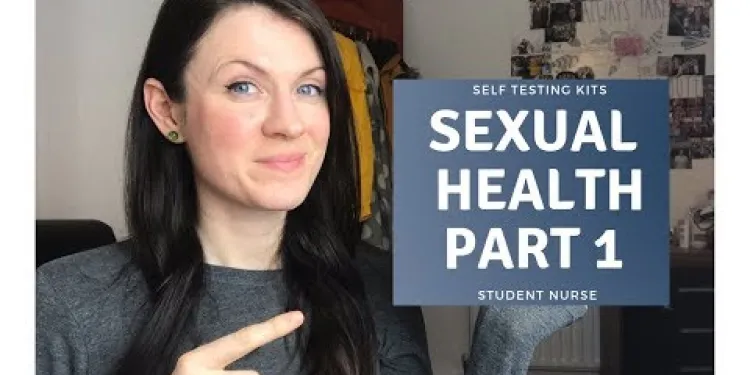
Let's Talk Sexual Health - Home Self Testing Kits
Relevance: 8%
-

What is a bubo?
Relevance: 8%
-

What forms can honour based abuse take?
Relevance: 8%
-
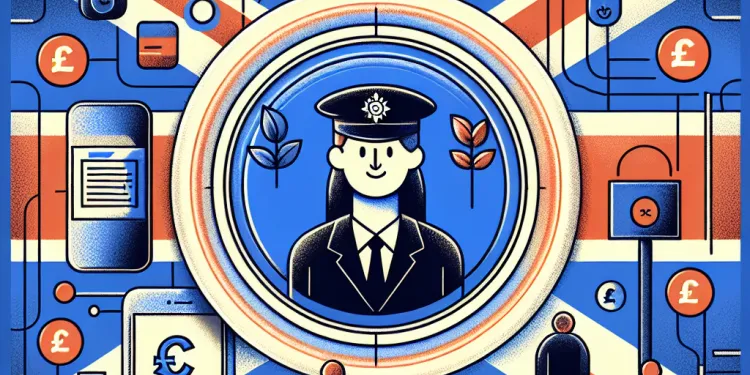
What are the signs of honour based abuse?
Relevance: 8%
-
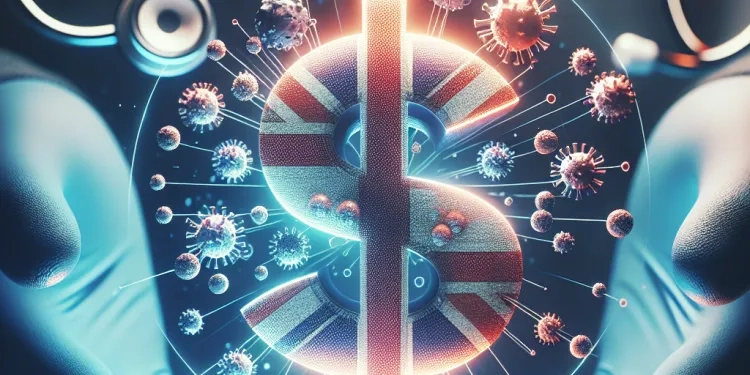
Why are Nipah Virus outbreaks considered a public health concern?
Relevance: 8%
-

How did WHO respond to the US's announcement to leave?
Relevance: 8%
-
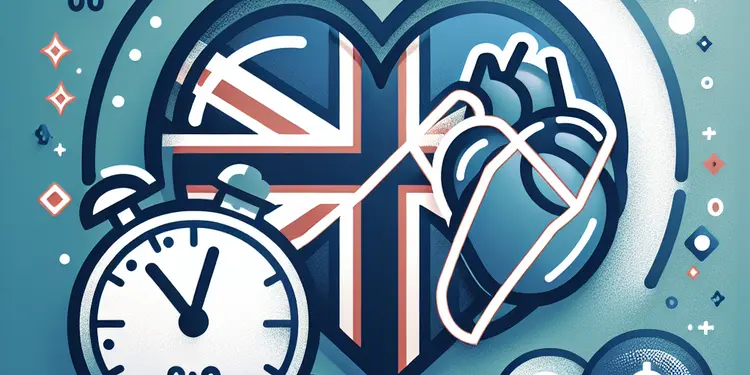
How long do heart attack symptoms last?
Relevance: 8%
-
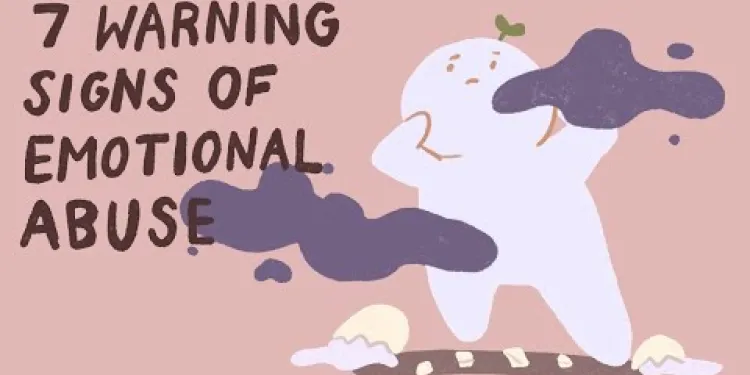
7 Warning Signs of Emotional Abuse
Relevance: 8%
Chlamydia: The Silent Threat
Understanding Chlamydia
Chlamydia is a common sexually transmitted infection (STI) caused by the bacterium Chlamydia trachomatis. It often presents no symptoms, earning it the nickname "the silent threat." Many people who contract Chlamydia are unaware of their infection, which makes it particularly dangerous as it can cause severe health issues if left untreated.Symptoms and Diagnosis
While Chlamydia is frequently asymptomatic, some individuals may experience symptoms such as abnormal genital discharge, burning during urination, and pelvic pain. For women, untreated infections can lead to serious complications like pelvic inflammatory disease (PID), which can result in infertility. Men may suffer from epididymitis, a painful condition of the testicles. Diagnosing Chlamydia is straightforward through laboratory tests, usually involving a urine sample or a swab of the genital area.Transmission and Prevention
Chlamydia is primarily spread through sexual contact, including vaginal, anal, and oral sex. Using condoms consistently and correctly during intercourse significantly lowers the risk of transmission. Regular STI screenings are crucial, especially for sexually active individuals under the age of 25, those with multiple partners, or those who do not consistently use condoms. Open communication with sexual partners about STI status and testing is also vital.Treatment and Care
The good news is that Chlamydia is curable with a course of antibiotics, usually azithromycin or doxycycline. Both partners should be treated simultaneously to prevent re-infection. After completing the treatment, it's generally recommended to avoid sexual activity for at least one week. Follow-up tests are sometimes advised to ensure the infection has cleared.Chlamydia in the UK
In the United Kingdom, Chlamydia remains one of the most common STIs. Public health programs emphasize the importance of regular screenings and education to reduce the prevalence of this infection. The National Chlamydia Screening Programme (NCSP) offers free and confidential testing for people aged 15 to 24. Increasing awareness and reducing stigma around STIs are crucial steps in promoting safer sexual practices and protecting public health.Conclusion
Chlamydia's stealthy nature makes it a formidable public health concern. By encouraging regular screenings, practicing safe sex, and ensuring prompt treatment, individuals can take effective steps to curb the spread and impact of this silent threat. Public health initiatives and personal responsibility together hold the key to managing and ultimately reducing Chlamydia cases across the UK.Chlamydia: The Silent Threat
What is Chlamydia?
Chlamydia is a common infection. You can get it from sex. It is caused by tiny germs called bacteria. People call it "the silent threat" because often you do not know you have it. This can be dangerous. If you do not treat it, it can cause big health problems.Signs and Finding Out
Chlamydia often has no signs. But sometimes, people might notice odd discharge, a burning feeling when peeing, or pain in the lower belly. For women, if you do not treat it, it can cause serious problems which might make it hard to have babies. Men might have sore testicles. You can find out if you have Chlamydia by taking a lab test. This often uses pee or a cotton swab.How You Get It and How to Stay Safe
You can get Chlamydia by having sex without protection. This includes all sex types like vaginal, anal, and oral. Using condoms every time you have sex helps keep you safe. It is smart to get checked for infections regularly if you are young, have many partners, or do not always use condoms. Talk openly with partners about infections and testing.Medicine and Care
The good news is Chlamydia can be cured with medicine. This usually means taking pills like azithromycin or doxycycline. Both partners need treatment at the same time to stop getting it again. After finishing the medicine, try not to have sex for one week. Sometimes, doctors suggest testing again to make sure the infection is gone.Chlamydia in the UK
In the UK, Chlamydia is one of the most common infections. Health programs tell people to get checked and learn more about this infection. There is a special program for people ages 15 to 24 that gives free tests. Teaching people and talking openly about infections helps keep everyone safe.What We Can Do
Chlamydia is a tricky health problem. By getting tested, having safe sex, and taking medicine quickly, we can fight this infection. Health programs and everyone doing their part will help us have fewer cases of Chlamydia in the UK.Frequently Asked Questions
What is chlamydia?
Chlamydia is a common sexually transmitted infection (STI) caused by the bacterium Chlamydia trachomatis.
How is chlamydia transmitted?
Chlamydia is transmitted through unprotected vaginal, anal, or oral sex with an infected person. It can also be spread by sharing sex toys.
What are the symptoms of chlamydia?
Chlamydia often has no symptoms, particularly in women. When symptoms do occur, they can include pain during urination, unusual discharge from the penis or vagina, and pain in the lower abdomen.
Who is at risk for chlamydia?
Anyone who is sexually active is at risk for chlamydia, but it is most common among young people under the age of 25.
How can I get tested for chlamydia?
In the UK, testing for chlamydia is available at sexual health clinics, GP surgeries, and through some online services. Testing typically involves a urine sample or a swab from the infected area.
What is the treatment for chlamydia?
Chlamydia is usually treated with a course of antibiotics. It is important to complete the full course of treatment even if symptoms disappear.
Can chlamydia be cured?
Yes, chlamydia can be cured with the right antibiotic treatment. However, re-infection is possible if exposed again.
What happens if chlamydia is left untreated?
If left untreated, chlamydia can cause serious health problems, including pelvic inflammatory disease (PID), infertility, and increased risk of ectopic pregnancy in women. In men, it can lead to epididymitis and fertility issues.
Can I have chlamydia without knowing?
Yes, many people with chlamydia do not show symptoms and may not know they are infected. Regular screening is important for early detection.
How often should I get tested for chlamydia?
Sexually active individuals, particularly those under 25 or with new or multiple partners, should get tested for chlamydia at least once a year.
Is chlamydia testing confidential?
Yes, chlamydia testing in the UK is confidential. Your healthcare provider will not share your test results without your consent.
Can chlamydia be prevented?
Chlamydia can be prevented by using condoms consistently and correctly during sex, getting regular STI screenings, and avoiding sharing sex toys or washing them between uses.
Can chlamydia affect pregnancy?
Yes, chlamydia can affect pregnancy. It can cause complications such as premature birth, low birth weight, and can be passed to the baby during delivery, potentially causing eye infections or pneumonia.
Do both partners need to be treated for chlamydia?
Yes, it is important that both partners are treated for chlamydia to prevent re-infection.
Where can I find more information about chlamydia?
For more information about chlamydia, visit the NHS website or contact your local sexual health clinic.
What is chlamydia?
Chlamydia is a type of germ that can make you sick. It is a very small germ that you cannot see.
Chlamydia can spread from one person to another, especially during kissing or hugging.
If you think you have chlamydia, it is important to see a doctor. They can help you get better.
You can use pictures and videos to help you learn more about chlamydia. Ask an adult or a friend if you have questions.
Chlamydia is a common infection you can get from sex. It is caused by tiny germs called Chlamydia trachomatis.
How do people get chlamydia?
Chlamydia is a disease you can catch. Here is how people can get it:
- Through sex with someone who has chlamydia.
- It can pass from one person to another during sex.
- It can spread even if the person with it does not feel sick.
If you're unsure or worried, ask a doctor or nurse. They can help and give you advice.
Using a condom can help stop the spread of chlamydia. You should always use one during sex to stay safe.
Chlamydia is a disease you can get from having sex without using a condom. This includes vaginal, anal, or oral sex with someone who has the infection. You can also get it from sharing sex toys.
What signs show you might have chlamydia?
Chlamydia is an illness you can catch. Here are some signs you might have it:
- It might hurt when you pee.
- You could feel pain in your tummy.
- You might see something different coming out of your private parts.
- Sometimes there are no signs, so it is hard to tell.
If you think you might have chlamydia, it's important to see a doctor. You can also ask a friend or family member to help you. There are apps and phone helplines too, where people can answer your questions.
Chlamydia is an illness. Many people do not feel sick, especially women. If someone does feel sick, they might feel:
- Pain when they go to the bathroom
- Weird stuff coming out of the private parts
- Hurt in the belly
Who can get chlamydia?
Chlamydia is an illness you can get. Some people are more likely to get it. Let's learn who they are.
Young people who have sex can get chlamydia. This can happen if they do not use protection like condoms.
If someone has many partners, they can also get chlamydia more easily.
To keep safe, use condoms when having sex. Seeing a doctor is good to check if you are healthy.
If you have sex, you can get chlamydia. Young people under 25 get it the most.
How can I get tested for chlamydia?
Here is how to get tested for chlamydia:
- Visit a doctor or nurse. They can help you with the test.
- Go to a clinic. They have people who can do the test for you.
- You can use a home test kit. Follow the instructions in the kit.
If you need help reading, ask someone you trust to read with you. You can use a ruler or finger to guide your eyes along the lines of text.
In the UK, you can get tested for chlamydia at special clinics that help with sexual health, at your doctor's office, or even online. To test for chlamydia, you might need to give a pee sample or use a swab to collect cells from the area that might be infected. If you're not sure about anything, you can ask a nurse or doctor for help. Using a calendar or reminder can help you remember to get tested. Online services might also have videos or pictures to show you what to do.
How do you treat chlamydia?
Chlamydia is an illness. Medicine can make you better.
Here is what you can do:
- Go to the doctor. They will help you.
- The doctor might give you pills called antibiotics.
- You might have to take these pills for a few days.
- Make sure you take all the pills, even if you feel better.
- Tell your partner to see a doctor too.
If you need help reading, ask a friend or use an audio book.
Doctors give medicine called antibiotics to treat chlamydia. It is very important to take all the medicine, even if you start feeling better.
Can chlamydia go away?
Yes, chlamydia can be fixed with the right medicine. A doctor will give you pills to take.
If you think you have chlamydia, talk to a doctor.
It's important to take all the medicine. Even if you feel better, finish the pills.
Use a calendar or phone reminder to help you remember to take your medicine.
Ask someone you trust to help you if you need it.
Yes, you can get rid of chlamydia with the right medicine. But, you can get it again if you are exposed to it once more.
What happens if you do not treat chlamydia?
If you do not get treatment for chlamydia, it can cause problems. It is important to see a doctor. The doctor can give you medicine. This will help you get better.
If you need help reading, you can ask someone you trust to read with you. You can also use apps that read text out loud.
If you do not treat chlamydia, it can make you very sick. For women, it can cause problems like sore tummy (pelvic inflammatory disease), trouble having babies (infertility), and make it more likely to have pregnancy outside the tummy (ectopic pregnancy). For men, it can cause sore bits (epididymitis) and also trouble having babies (fertility issues).
Use tools like read-aloud software or drawing pictures to help understand better. Ask someone to explain if something is still confusing.
Can I have chlamydia without knowing?
Yes, you can have chlamydia and not know it. Chlamydia is a germ that can make you sick.
Many people do not feel sick or see anything different on their body. This makes it hard to know if you have it.
To find out if you have chlamydia, you can go to the doctor for a test. A doctor or nurse can help.
These tips can help you:
- Use simple words to talk to your doctor.
- Ask someone you trust to go with you to the doctor.
- Watch videos for kids about health to learn more.
Yes, lots of people with chlamydia feel fine and don't know they have it. It's important to get checked often to find it early.
How often should I get tested for chlamydia?
It's good to get a chlamydia test once a year. This is important if you have sex with more than one person or do not always use a condom.
If you have a new partner, getting tested is also a good idea. This helps keep you and your partner healthy.
If you want help, ask a doctor or nurse.
If you have sex, and you are under 25 years old or have new or many partners, you should get checked for chlamydia once a year.
Is a chlamydia test private?
Yes, chlamydia testing is private in the UK. Your doctor won't tell anyone your test results unless you say it's okay.
Can you stop chlamydia?
Yes, you can stop chlamydia. Chlamydia is an infection you can get from having sex. Here are some ways to help stop it:
- Use a condom when you have sex. Condoms can help keep you safe.
- Go for regular check-ups at the doctor. They can tell you if you have chlamydia.
- If you have a new partner, both of you can get tested before having sex.
- Talk to your partner about being safe and keeping each other healthy.
It is good to learn about chlamydia and other infections. If you have questions, ask a doctor or nurse. They can help you understand more. Remember, it's okay to ask for help.
You can stop getting Chlamydia by doing these things:
- Always use a condom when you have sex.
- Get tested for STIs regularly.
- Do not share sex toys. If you do share, make sure to wash them each time.
Can chlamydia make pregnancy hard?
Chlamydia is a germ that can make you sick. If you are going to have a baby, it is important to see a doctor if you think you have chlamydia. This germ can make it harder to have a healthy baby.
Here is what you can do:
- Visit your doctor. They can help you get medicine to feel better.
- Tell your partner to see a doctor too. This helps stop the germ from spreading.
- Use a calendar to keep track of doctor visits.
There are tools to help you remember to take medicine. You can use a phone alarm or ask someone you trust to remind you.
Yes, chlamydia can cause problems during pregnancy. It can make the baby come too early or be smaller than usual. The baby can also catch chlamydia when being born. This might give the baby sore eyes or a lung problem called pneumonia.
Using helpful tools like picture charts or videos can make it easier to understand this information. Talking to a doctor or nurse can also help answer questions.
Do both partners need to get medicine for chlamydia?
Yes, both people need to get medicine for chlamydia. This stops the sickness from coming back.
Where can I find more facts about chlamydia?
If you want to know more about chlamydia, you can:
- Ask your doctor or nurse.
- Go to a health clinic.
- Look on trusted health websites.
- Read a health book for kids.
If reading is hard, you can:
- Ask someone to read with you.
- Use a text-to-speech tool to listen to the information.
To learn more about chlamydia, you can go to the NHS website. You can also talk to your local sexual health clinic.
Useful Links
Have you found an error, or do you have a link or some information you would like to share? Please let us know using the form below.
-->
This website offers general information and is not a substitute for professional advice.
Always seek guidance from qualified professionals.
If you have any medical concerns or need urgent help, contact a healthcare professional or emergency services immediately.
Some of this content was generated with AI assistance. We’ve done our best to keep it accurate, helpful, and human-friendly.
- Ergsy carfully checks the information in the videos we provide here.
- Videos shown by Youtube after a video has completed, have NOT been reviewed by ERGSY.
- To view, click the arrow in centre of video.
- Most of the videos you find here will have subtitles and/or closed captions available.
- You may need to turn these on, and choose your preferred language.
- Go to the video you'd like to watch.
- If closed captions (CC) are available, settings will be visible on the bottom right of the video player.
- To turn on Captions, click settings .
- To turn off Captions, click settings again.
More Items From Ergsy search
-

Chlamydia: The Silent Threat
Relevance: 100%
-

What is chlamydia?
Relevance: 44%
-

NHS - Chlamydia
Relevance: 44%
-

Getting tested for Chlamydia
Relevance: 41%
-

Urine test for Gonorrhoea and Chlamydia
Relevance: 39%
-

Urine test for Gonorrhoea and Chlamydia
Relevance: 39%
-

Pharyngeal swab for Gonorrhoea and Chlamydia
Relevance: 38%
-

Vaginal Swab test for Gonorrhoea and Chlamydia
Relevance: 37%
-

Rectal swab test for Gonorrhoea and Chlamydia
Relevance: 36%
-

Why is high blood pressure called a 'silent killer'?
Relevance: 32%
-

Do UK spiders pose a threat to pets?
Relevance: 30%
-

How can I educate myself about potential online threats?
Relevance: 28%
-

Is it possible to have a heart attack without chest pain?
Relevance: 20%
-

Is the bubonic plague still a global health threat?
Relevance: 17%
-

Should I use antivirus software on my mobile phone?
Relevance: 11%
-

Can antivirus software protect my email from being hacked?
Relevance: 11%
-

Sexually transmitted infections STIs
Relevance: 10%
-

What is high blood pressure?
Relevance: 10%
-

Are new emerging pathogens a risk for blood safety?
Relevance: 10%
-

Ovarian cancer - signs and symptoms to look out for
Relevance: 10%
-

NHS STI (Sexually Transmitted Infections) Information Video
Relevance: 10%
-

Can heart attack symptoms vary by age?
Relevance: 10%
-

What is a mobile firewall and should I use one?
Relevance: 10%
-

How important is software updating for phone security?
Relevance: 9%
-

Why is antibiotic resistance a problem?
Relevance: 9%
-

Understanding Your Sexual Health - Pelvic Inflammatory Disease
Relevance: 9%
-

Can mosquitoes transmit any bacterial diseases in the UK?
Relevance: 9%
-

Are there non-venomous spiders in the UK?
Relevance: 9%
-

10 Examples of What Gaslighting Sounds Like
Relevance: 9%
-

Are there any poisonous spiders in the UK?
Relevance: 9%
-

BSL Pelvic inflammatory disease (PID)
Relevance: 9%
-

Reactive arthritis
Relevance: 8%
-

Let's Talk Sexual Health - Home Self Testing Kits
Relevance: 8%
-

What is a bubo?
Relevance: 8%
-

What forms can honour based abuse take?
Relevance: 8%
-

What are the signs of honour based abuse?
Relevance: 8%
-

Why are Nipah Virus outbreaks considered a public health concern?
Relevance: 8%
-

How did WHO respond to the US's announcement to leave?
Relevance: 8%
-

How long do heart attack symptoms last?
Relevance: 8%
-

7 Warning Signs of Emotional Abuse
Relevance: 8%


